
Guest Speaker
This entry features an interview with Margaret Thomas on the life and work of Roman Jakobson.

The “culture of the field”
By the time Thomas Kuhn published the Structure of Scientific Revolutions in 1962, linguists were already debating the possible revolution afoot in their field.

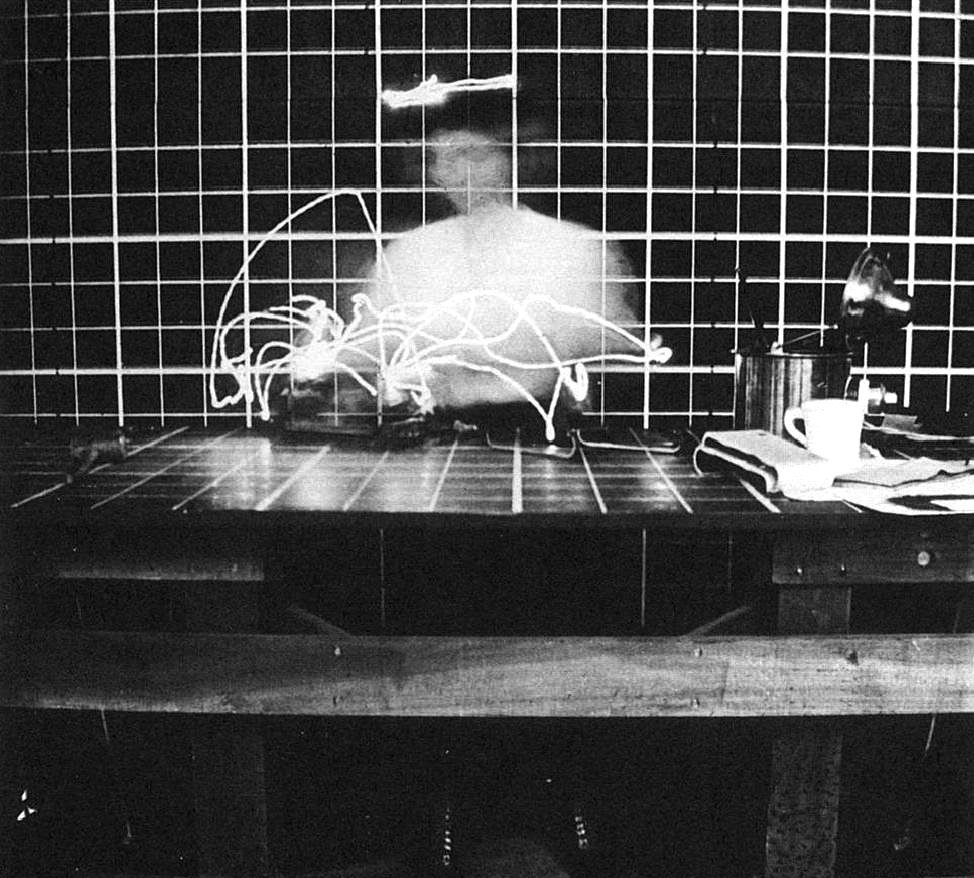
Behind the Scenes
When an author is on the receiving end of a long list of suggested edits, it can be easy to focus on all the work of research and writing left to be done. But looking at an editorial exchange from the outside—from a record in an archive, for instance—can have the salutary effect of centering the labor of the editorial team instead.

Abstracting
Where do you go to look for the next thing to read? Trusted associates, social media, book reviews, readers’ advisories?
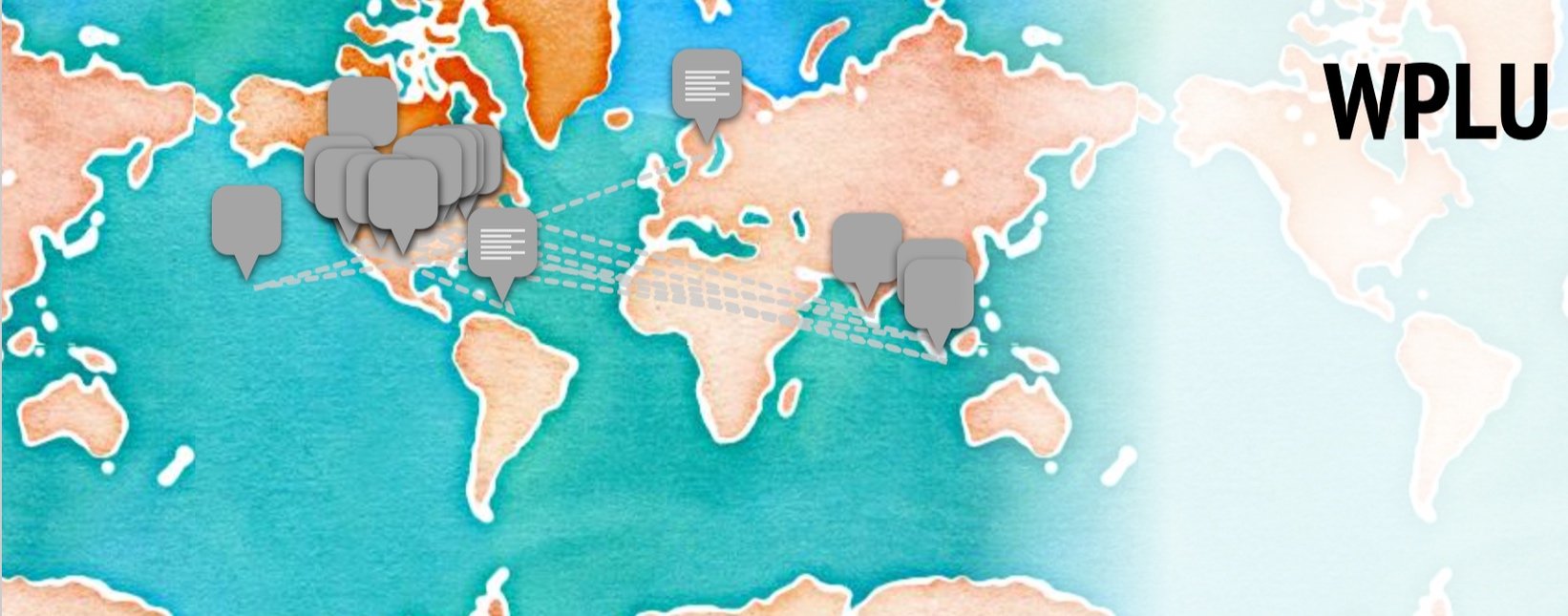
A World of Subscribers
Many of the files in the Records of the Stanford Language Universals Project (SLUP) are short letters from individual researchers who were looking to obtain subscriptions to the Project’s Working Papers. These represent a global network of collaborators in linguistics and the interdisciplinary appeal of language universals, visualized here in a narrative map.

New Working Group
I am pleased to announce the launch of a new working group dedicated to exploring the history of the language sciences. The group will be hosted by the Consortium for History of Science, Technology and Medicine.

First Mention
The first paper to explicitly address “language universals” in English was written by Burt and Ethel Aginsky for Word in 1948.
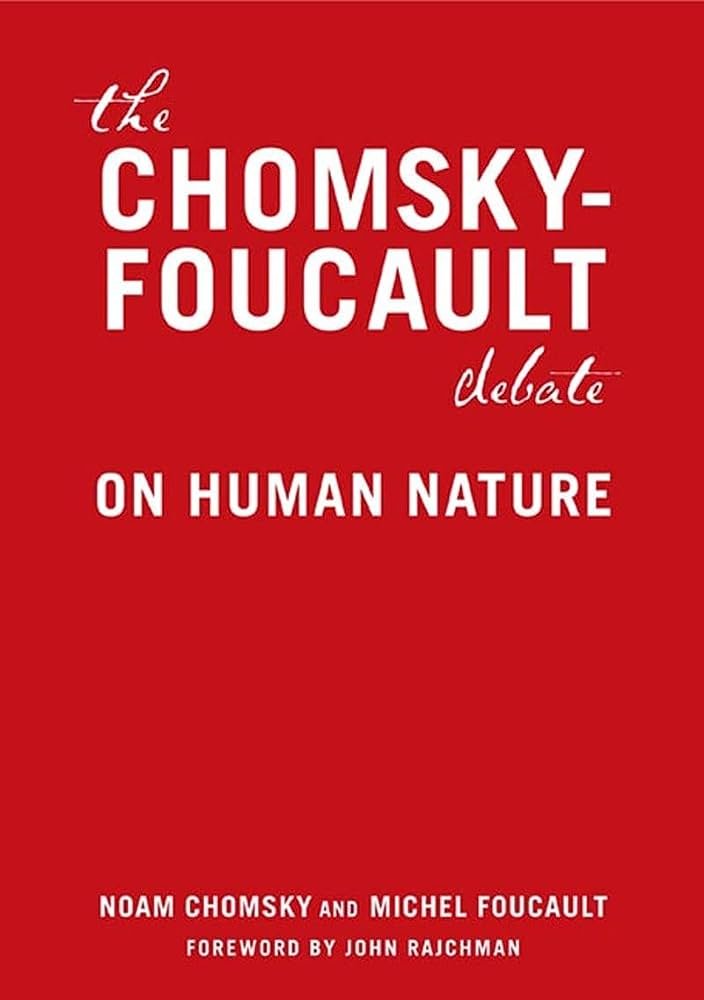
Debating Human Nature
On 22 October, 1971, the Dutch philosopher Fons Elders hosted Noam Chomsky and Michel Foucault in a debate on human nature at the Eindhoven University of Technology.
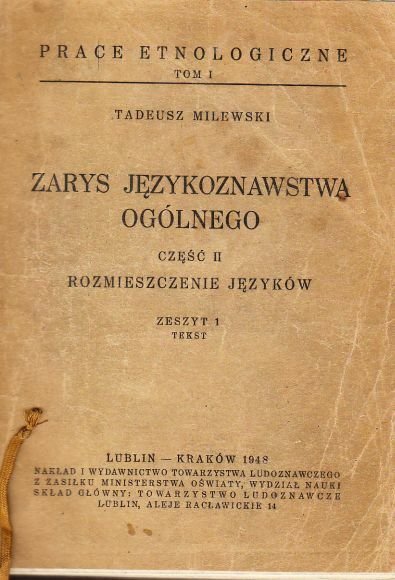
Bibliographic Correspondence
“I was for a short visit in New York and called on you for a talk but without success…” Thus opens a perfectly ordinary—one might say “unmarked”—letter from Roman Jakobson to Joseph Greenberg, dated March 9, 1953.

Citation Relations
In a sense, this project is a critical evaluation of the strengths and weaknesses of a bibliometric approach to the historical study of scientific disciplines.
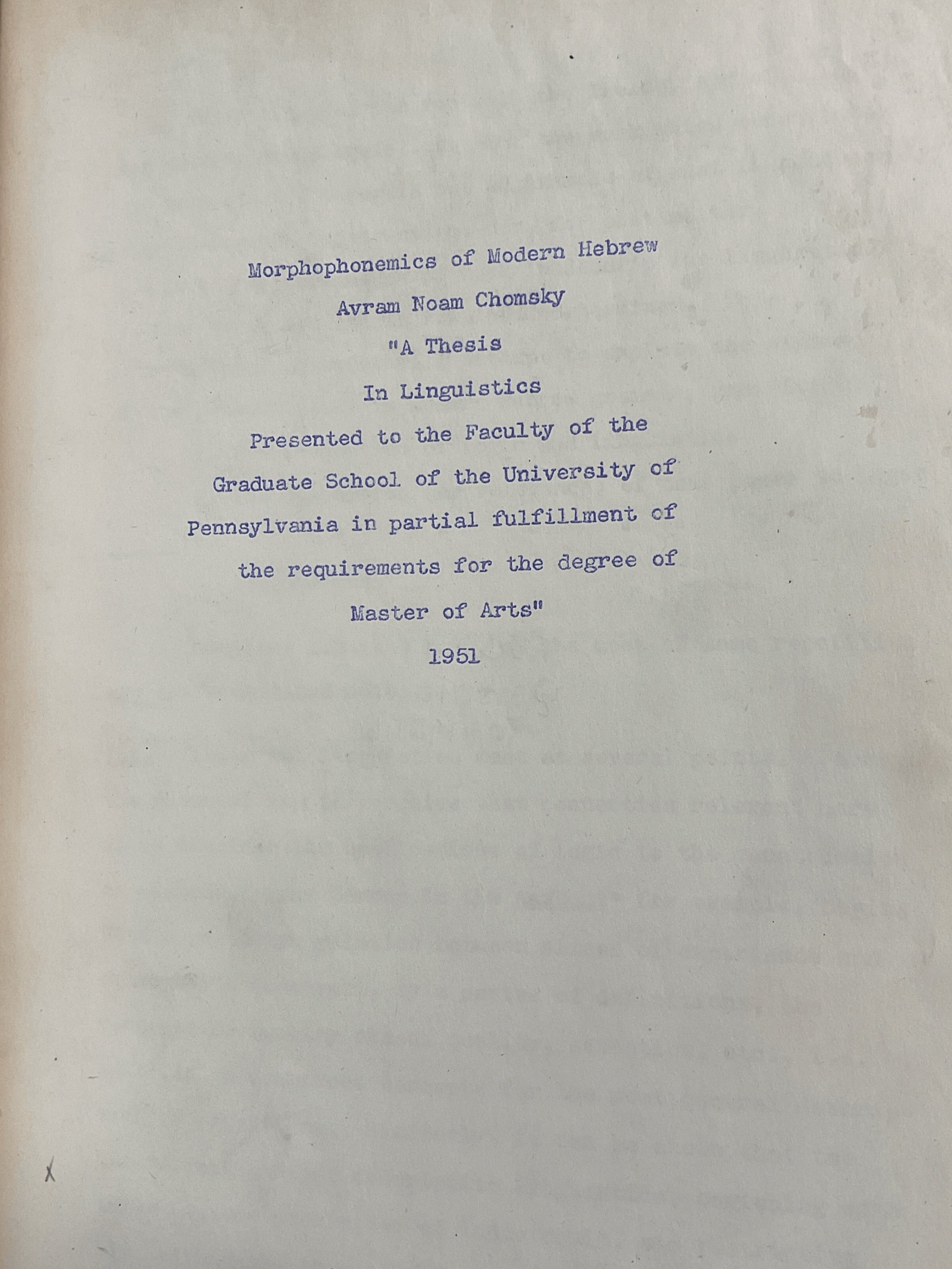
On the Revision of Chomsky’s M.A. Thesis
Many historians have noted the abundance of source material on the remarkable career of Noam Chomsky. But, often in the same breath, they have also commented on the tendency of these sources to obscure, rather than clarify, important developments.

Jokes in the Joos Papers
Linguists can be quite funny: If you want to get good at wordplay, it helps to know a lot about words. My archival excursions into the Martin Joos Papers over the last two weeks suggest that in-group humor was an important way for mid-century linguists to consolidate disciplinary identity.

Linguistics and National Defense
Foreign language study had been lying fallow in the United States since at least the First World War when the Soviet Union launched the first human-made satellite, Sputnik I, on October 4, 1957.

Providing “insight into the nature of ‘humanness’”
In the summer of 1994, the Linguistic Society of America endorsed a policy statement on “The Need for the Documentation of Linguistic Diversity.” This statement reflected back on a period characterized by ambitious efforts to generalize linguistic knowledge to a universal (or, nearly universal) scale.